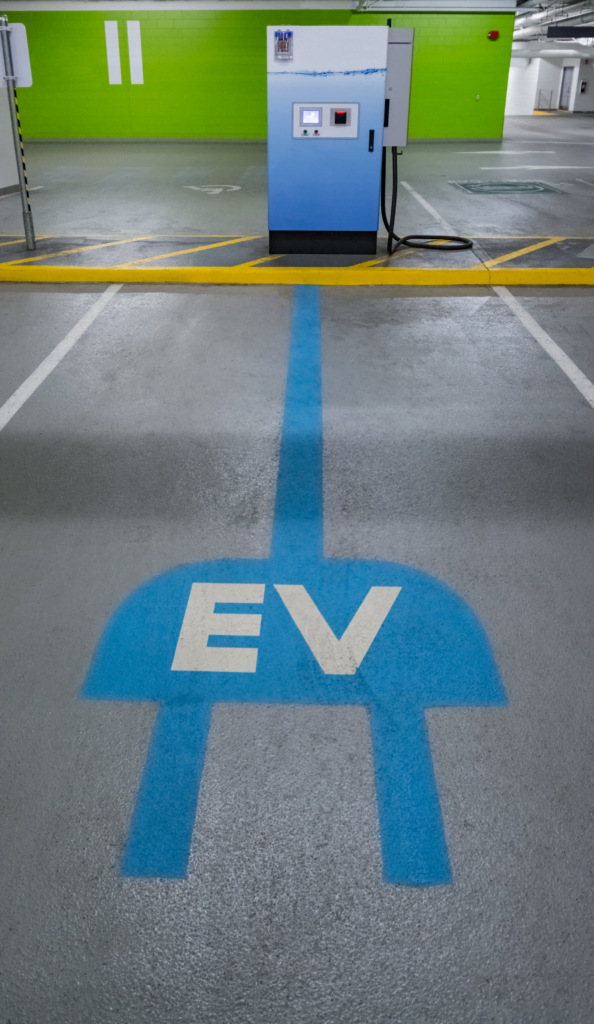The consortium of industry leaders has called on the European Commission to phase out new diesel and petrol cars no later than 2035. The proposed ban would be similar to the one introduced by the UK Government last year, which will see an end to sale of all cars without a “significant zero-emissions range” by 2030.
The group of industry leaders are made up of the likes of IKEA, Volvo, Uber, Sky and energy firm Vattenfall, who feel that this move will come as the commission addresses climate change, air pollution, and dependence on oil imports to fuel vehicles in Europe. Alongside their industry friends, they feel that this could put the EU on the pathway to deliver its climate targets in time.
Setting a CO2 target for vehicle manufacturers of 0g/km by 2035 would enshrine the phase-out of petrol and diesel cars – including hybrids – in law, the companies say. This is an extremely ambitious goal that will require significant technological advancements to make it possible but if successful, could be one way we reduce our dependence on fossil fuels.
The companies also expect that new legislation of a potential 2035 fleet-wide carbon target could also increase the supply of affordable electric vehicles (EVs).
The establishment and enforcement of regulations such as this can help to create an industry in which sustainable practices are rewarded with greater market share. With many countries mandating significant reductions in CO2 emissions, it’s encouraging to see governments taking steps towards making electric vehicles more accessible for everyone.
But while these policymakers are asking for people to switch, feedback claims that the incentives they have in mind for our population are flawed. Asking someone not only changes their habits of driving and relying on gas cars, but also alters drastically how they spend money each day. That’s a lot of change at once; as a result of this, it is imperative that a change to taxes and other incentives are given to encourage and support individuals; giving them more opportunity to adhere to these suggestions.
The EU phase-out target of the EV ecosystem will allow for a faster transition towards more sustainable mobility. Uber has supported this with their own targets to become 50% electric by 2025 across seven cities and 100% by 2030 across Europe.
Volvo Cars has long been a leader in the automotive industry. Now, by planning to become fully electric car company by 2030, Volvo will set an excellent example of how other industries can work towards becoming more environmentally conscious and sustainable. In the next decade, Volvo will phase out their current lineup of vehicles in favour of a more environmentally friendly set.
The companies involved say that a fixed date will send a clear investment signal for car manufacturers, supply chains and infrastructure providers. This will enable all businesses to decarbonise their vehicle fleets in the most effective way possible while also providing better clarity on when this can happen– both important factors which are essential if we want everyone’s goal of reducing CO2 emissions by 80% from 1990 levels across Europe by 2050 is going to be achieved.
